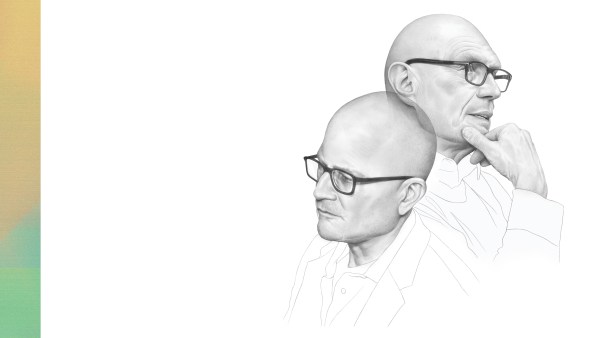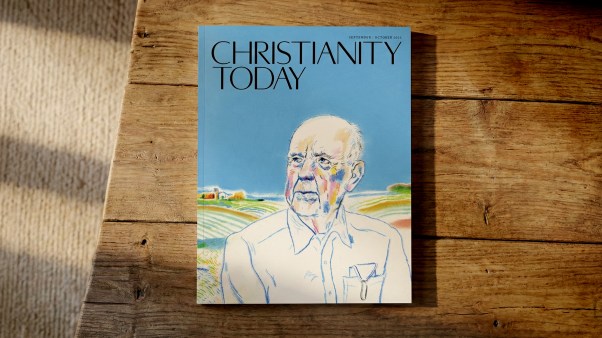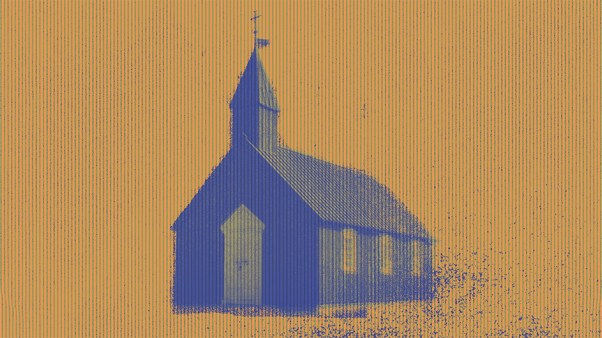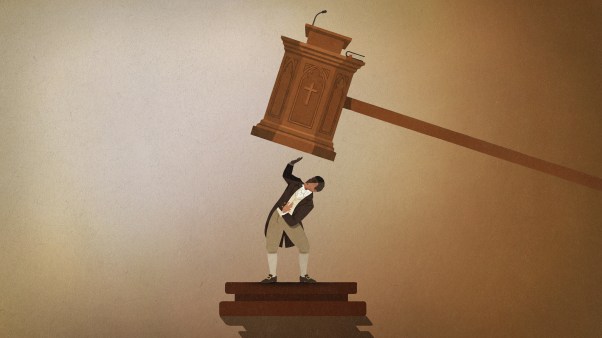Call it the un-Reformation: The number of people in the United States who identify themselves as Protestant dropped from 62% in 1993 to 52% in 2002. The steady decline over the decade means that Protestants may no longer be the majority by the end of this year, according to researchers who conducted the study for the University of Chicago.
The numbers who said they belonged to a Protestant denomination or who called themselves “non-denominational Protestants” had held steady for two decades.
Count me out: Those who say they currently have no religion rose from 9% to 14%. Among younger people, the percentage is even higher. Of those born after 1980, 27% claim no religion. Some who opted out of the Protestant classification chose to call themselves “Christians.” That category, which did not exist before 1993, jumped to 2.3%.
Also rising, Mormons. The Church of Jesus Christ of Latter Day Saints accounts for 2% of respondents, which researchers included in the Protestant count.
Ex-ex cathedra: The numbers of Catholics (25%) and Jews (2%) remained steady, but the “other” groups, including Orthodox Christians, Muslims, Buddhists, and Hindus, increased from 3% to 7% over the decade. Implications of the changing religious landscape, according to Calvin College political scientist Corwin Smidt: the loss of a shared Protestant vocabulary and viewpoint in schools, neighborhoods, and voting booths. “Growing pluralism forces examination of our commonality,” he says.
—with info from USA Today and Associated Press (7/21/04)
Copyright © 2004 by the author or Christianity Today/Leadership Journal. Click here for reprint information onLeadership Journal.









